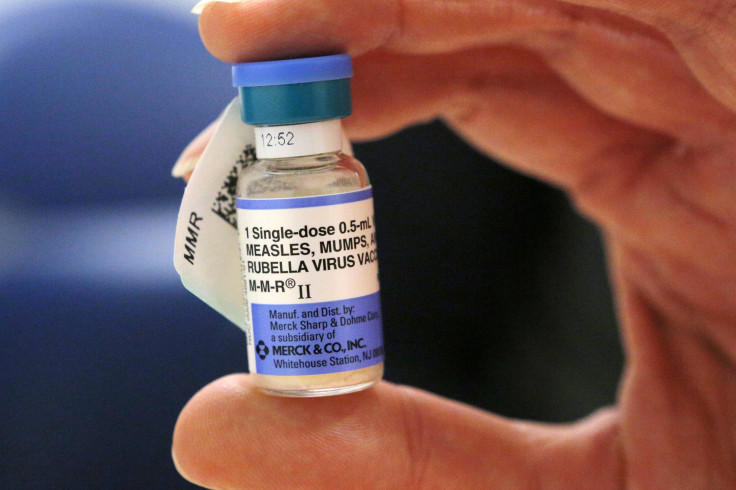Vaccine Controversy 2015: Oregon, Washington Immunization Exemption Bans Fail

Failed legislative efforts to ban vaccination exemptions are spurring U.S. Pacific Northwest states to consider different methods of ensuring children are vaccinated, including more flexible vaccination schedules and more rigorous education of those seeking exemptions.
Lawmakers in Oregon retreated Wednesday from a proposed ban on all vaccination exemptions except for medical reasons, while their counterparts in Washington were unable to bring to a vote by a deadline the same day a bill that would have allowed such exemptions solely for religious and medical reasons.
After Oregon Sen. Elizabeth Steiner Hayward announced Wednesday she would not propose a strict ban on exemptions because of mounting opposition, the state legislator said she would adopt a new approach that is more encouraging when it comes to vaccinations.
A medical doctor herself, Steiner Hayward said her new proposal would allow parents to prove their children are already immune to diseases that people can be vaccinated against, such as when a child has already caught chickenpox and thus does not need a varicella shot. It also would permit them to follow catch-up immunization schedules, when necessary. Under the same proposal, parents who wanted exemptions for nonmedical reasons might have to meet more stringent requirements to claim those exemptions.
In Washington, state Rep. June Robinson had sponsored a bill to put the kibosh on exemptions for personal and philosophical reasons, allowing only medical and religious ones. But the bill failed Wednesday because it did not reach by a certain deadline a vote on the floor on the House of Representatives.
“There was a very loud outcry, much of which was filled with false information,” Robinson said. At a hearing in the Washington State Capitol in Olympia last month, parents pushed back against the bill, citing issues such as “personal freedom” and the notion that “people should be able, should be allowed, to make their own choices when it comes to health care,” according to a local news report. Nevertheless, the bill was passed by a House committee a few days after the hearing.
A public-service campaign in one Washington county is urging families to vaccinate their children by having speakers attempt to convey the fact that by not vaccinating their children, they put everyone else at risk. “I kind of see some of our unvaccinated areas as a tinderbox just waiting for someone to drop a match,” Dr. Jeff Duchin, Seattle’s chief of infectious-disease control, said in conjunction with the campaign.
Oregon’s nonmedical vaccination-exemption rate for kindergartners is 7 percent, the highest in the country, while Washington has a personal-belief exemption rate of 4.6 percent, more than three times the nation’s average. Mississippi and West Virginia are the only states to ban all nonmedical vaccination exemptions.
© Copyright IBTimes 2025. All rights reserved.






















